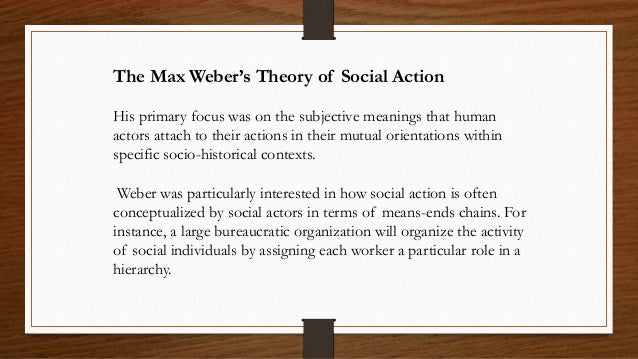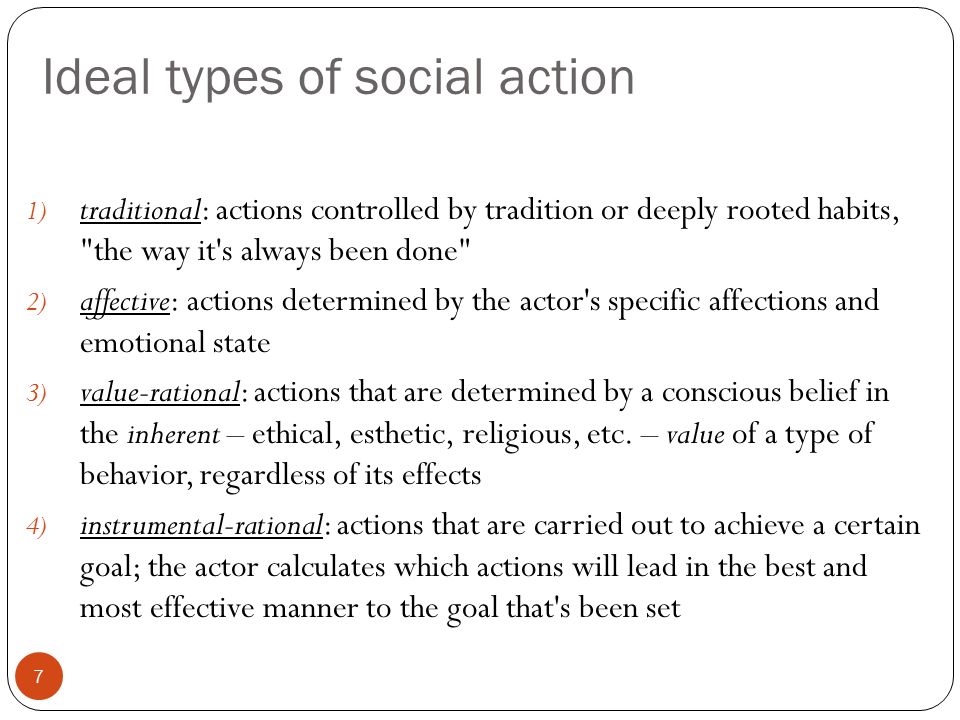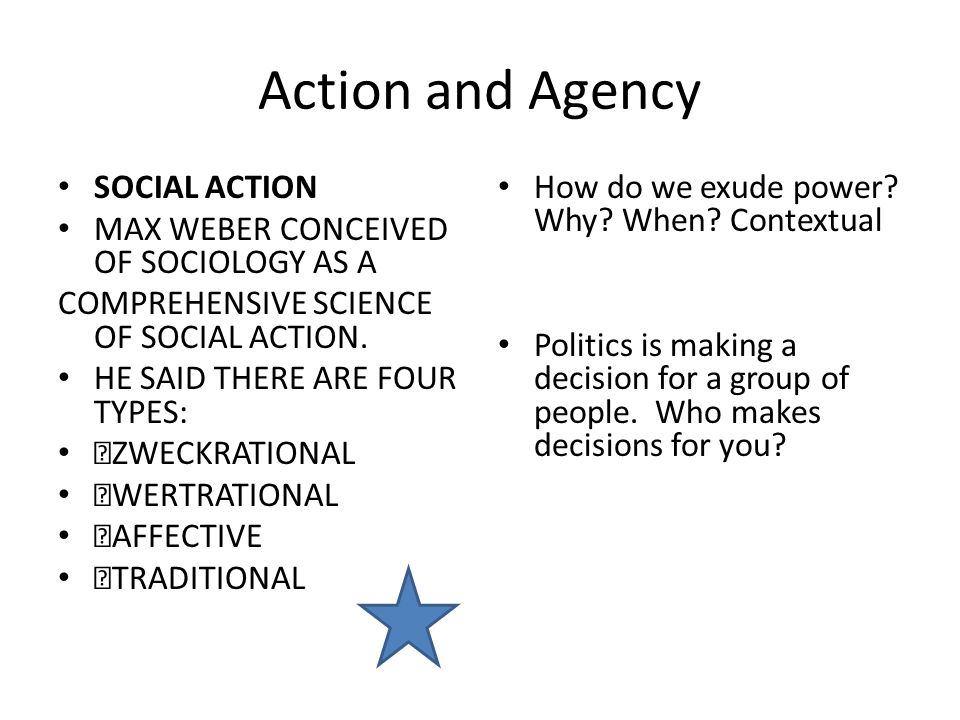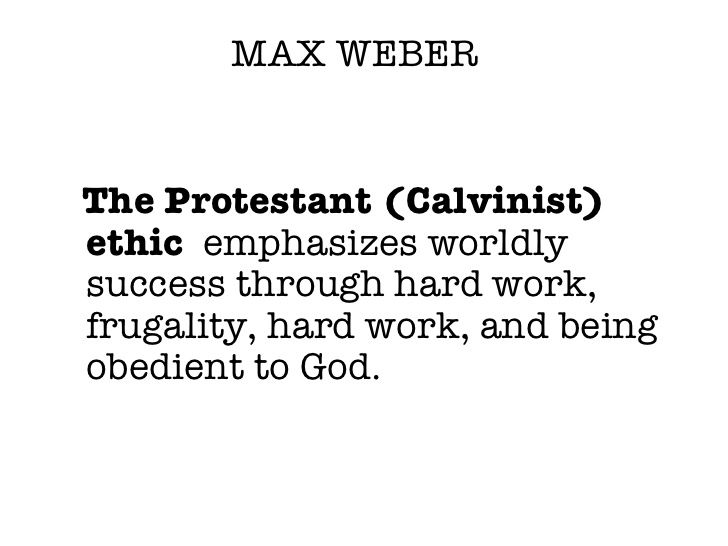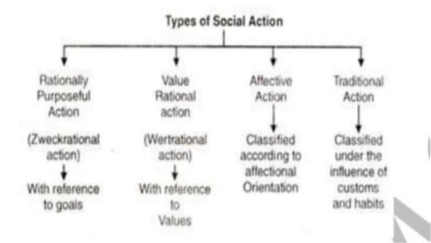Max Weber, a German sociologist and political economist, is best known for his contributions to the understanding of social action, bureaucracy, and the development of modern capitalism.
In his influential work "The Theory of Social and Economic Organization," Weber outlined his conception of social action, which he defined as "the behavior of individuals directed at other individuals." This means that social action involves not just individual behavior, but also the intention to influence or affect the behavior of others.
Weber distinguished between four types of social action:
Traditional action: This type of action is based on customs, habits, and traditions that have been passed down through generations. It is often taken for granted and is not necessarily based on rational thought.
Affective action: This type of action is based on emotions and personal feelings. It is often spontaneous and not necessarily rational.
Instrumental action: This type of action is based on rational calculation and the pursuit of specific goals. It is often guided by a sense of efficiency and effectiveness.
Value-rational action: This type of action is based on a sense of moral or ethical values. It is guided by a sense of right and wrong, and may involve the pursuit of ideals or principles.
Weber argued that all social action is based on subjective meanings, which are the interpretations that individuals give to their own actions and the actions of others. These subjective meanings are shaped by the cultural, social, and historical context in which they occur.
Weber also believed that social action is influenced by power and authority. He argued that power is the ability to control the behavior of others, and that it can be exercised through various means, such as force, persuasion, or manipulation. Authority, on the other hand, is the legitimate right to exercise power, and it can be based on various sources, such as tradition, charisma, or legal-rational rule.
In conclusion, Weber's concept of social action highlights the importance of understanding the subjective meanings that individuals give to their own actions and the actions of others, as well as the influence of power and authority on social behavior. His contributions continue to be influential in the fields of sociology and social theory.
